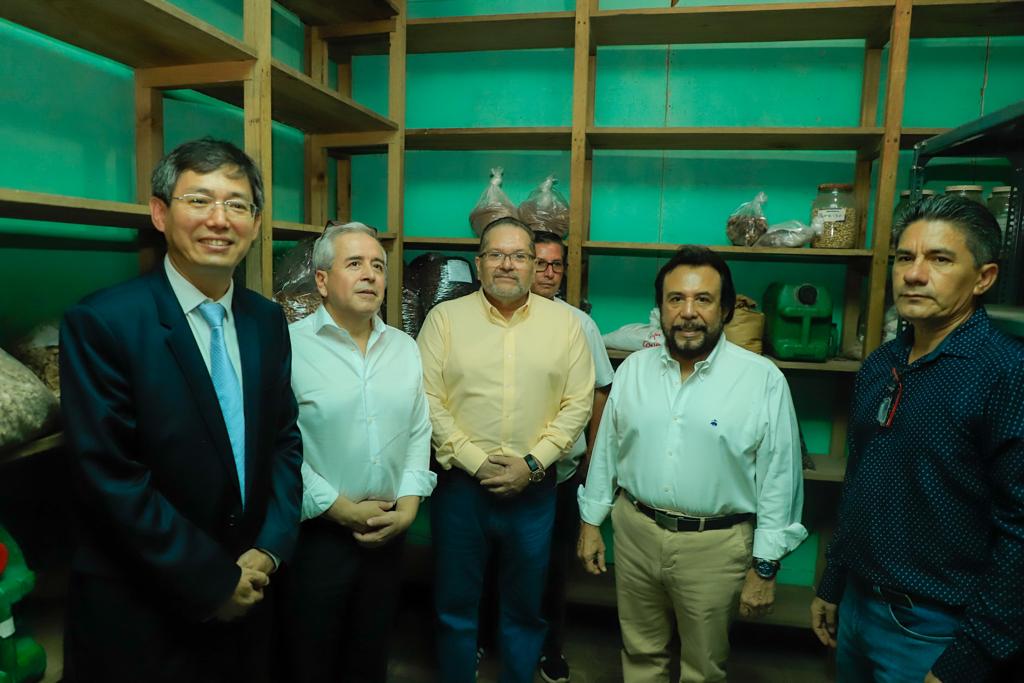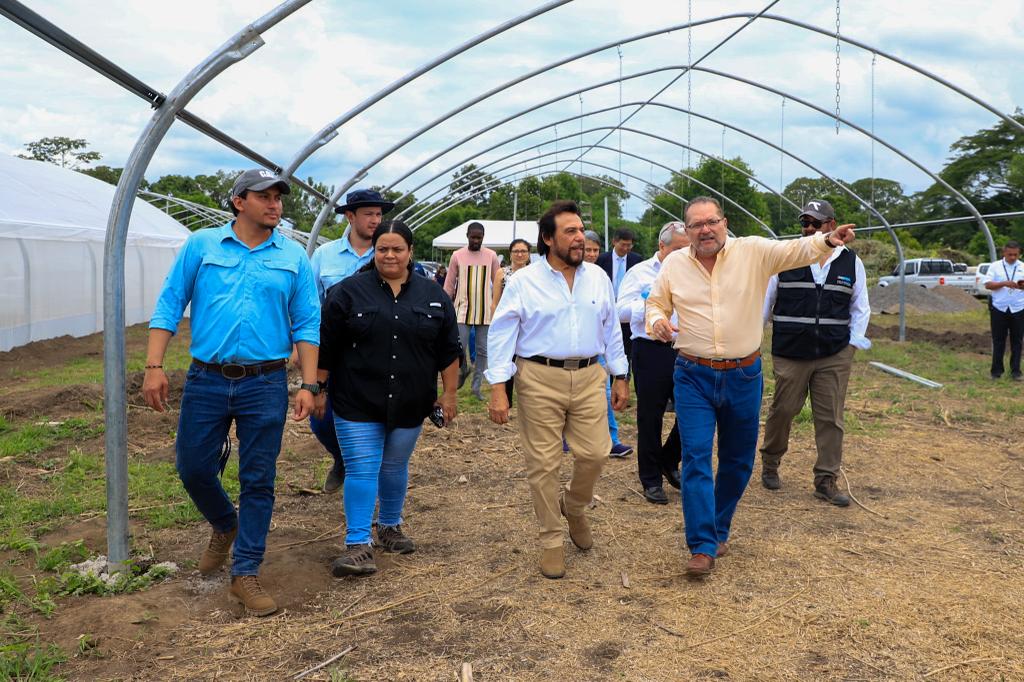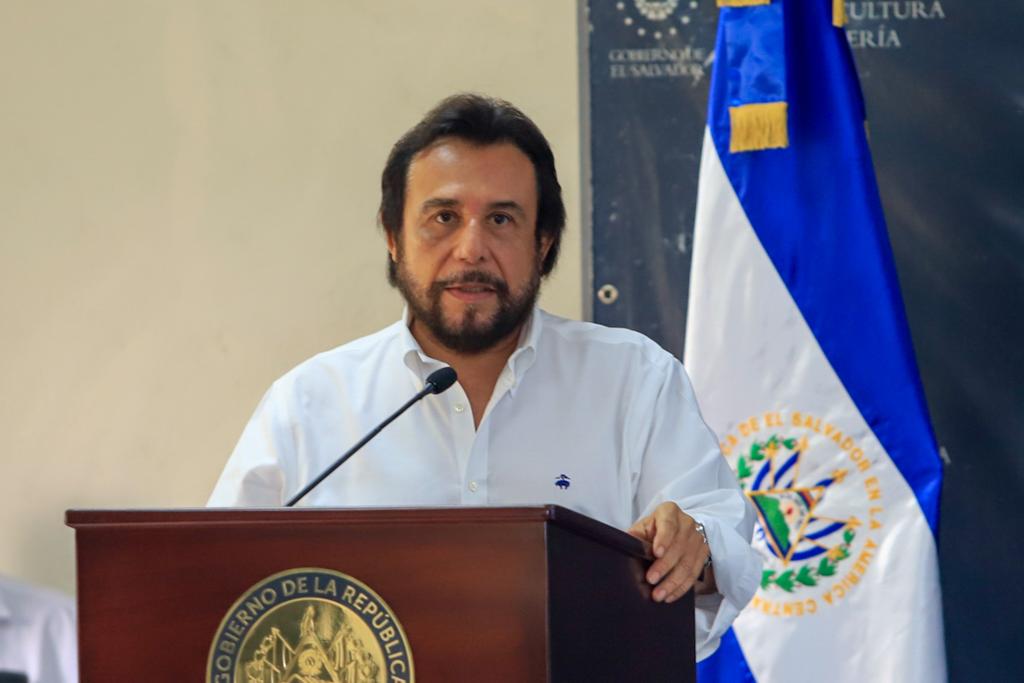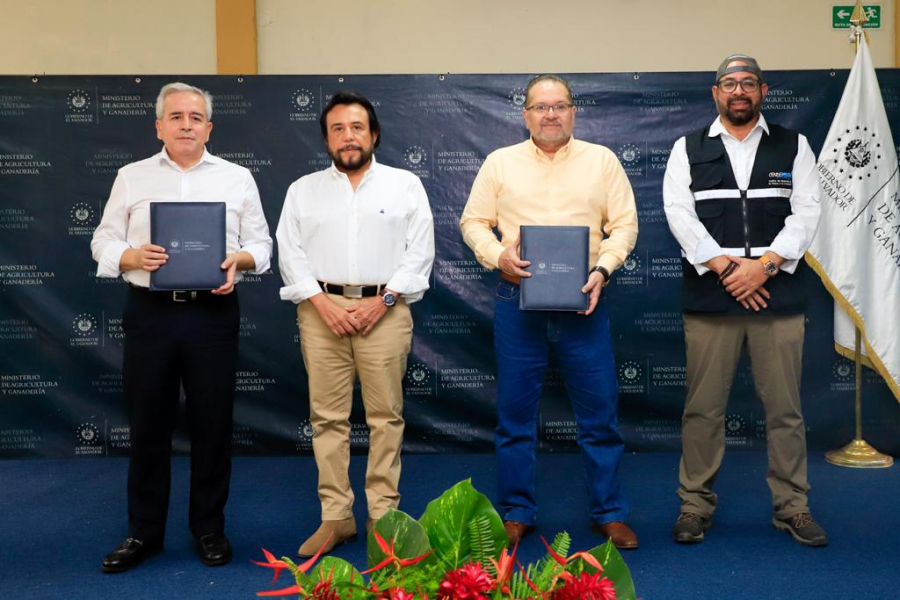The main principles developed by the blue economy are:
1. That people consume depending on the natural resources at their disposal, without the need to depend on intensive food production methods in other countries that require large logistics chains or means of transport that emit greenhouse gases.
2.That waste be considered a source of wealth, so that the materials resulting from one production process can be used in another cycle as raw material and thus continue to reduce waste.
3. That people ask themselves questions such as: is it indispensable, is it necessary, can it be replaced by another product or raw material? And in this way, people become more aware of the consumption of the resources they use on a daily basis.

In El Salvador, members of the Presidency of the Republic, the Ministerio de Agricultura y Ganadería (MAG), the Centro de Desarrollo de la Pesca y la Acuicultura (CENDEPESCA) and the Organización de las Naciones Unidas para la Agricultura y la Alimentación (FAO) participated in the signing of an agreement to promote sustainable practices in the production of aquatic food for the Nutritional Food Security project.
During the event, Vice President Ulloa Felix Ulloa reaffirmed the Government's vision of strengthening the agricultural sector, betting on the blue economy in strict harmony with the environment and contributing to reduce the negative effects of climate change.

With an investment of about half a million dollars, we will strengthen the capacity of MAG/CENDEPESCA to promote the sustainable use of curiles and shells in coastal communities. This includes the training of our technicians, access to new markets and the use of natural resources, said the head of the ministry of Agriculture and Livestock Oscar Guardado.
At the event, the Director General of CENDEPESCA, Edgar Palacios, assured that this initiative meets the demands of the present without affecting the needs of future generations.

Likewise, the Representative of @FAOElSalvador, Diego Recalde expressed that this signature promotes in communities with limited opportunities, new avenues for development; in addition to a responsible and sustainable access to highly nutritious food.
Translated by: A.M
 English
English  Español
Español 
